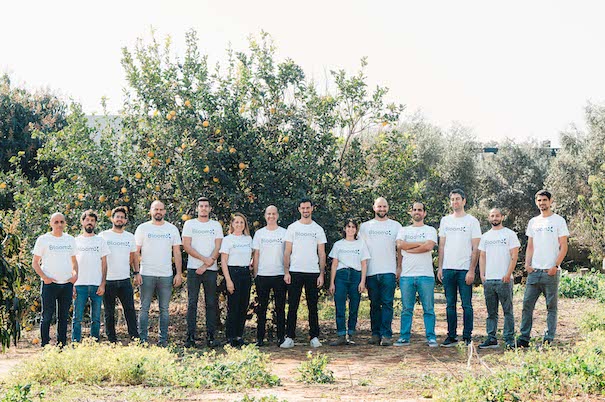As we continue to grapple with environmental challenges and the ever-growing demand for food, the plight of our bee population has become an alarming reality. With over 80% of crops depending on insect pollination, the dwindling number of wild bees poses significant risks to our agricultural systems. Thankfully, innovative startups like Israel-based BloomX are stepping up to address these complex issues using cutting-edge technology. Recently, BloomX secured an impressive $8 million in funding to develop AI-driven solutions that promise to revolutionize the way we approach pollination.
The Challenge of Pollination
The alarming decline in wild bee populations is reaching critical levels, creating an urgent need for alternative pollination methods. While honey bees are widely used for this purpose, they are not the most effective pollinators for every crop, and their dominance can adversely affect indigenous wildlife. In addition, introducing honey bees to specific environments often leads to new disease exposure, which can have devastating consequences for local bee populations. To resolve these dilemmas, companies are exploring different strategies, from enhancing honey bee efficiency to innovating artificial pollination techniques.
Innovations in Agtech
- BeeWise and BeeHero: These startups focus on optimizing honey bee performance to mitigate the risks associated with relying solely on wild populations.
- Artificial Pollination Startups: Some companies are making headway with methods limited to greenhouse plants, but the challenge remains to provide solutions applicable in outdoor farming.
As the needs of the agricultural sector grow more complex, companies need to think creatively to foster sustainable practices while enhancing productivity.
BloomX’s AI-Driven Solutions
BloomX is setting itself apart by employing a unique combination of artificial intelligence and mechanical devices, known as “bio-mimicking technology.” This innovative approach allows BloomX to optimize the pollination process by pinpointing the perfect timing for pollination and deploying specialized hardware designed to replicate natural pollination methods.
At the heart of BloomX’s solution are electric vehicles featuring mechanical arms capable of navigating between rows of crops. These vehicles vibrate the plants’ stems, enabling pollen to detach and transfer to flower stigmas – essentially mimicking the pollination process performed by bees. For instance, their “Collector Device” is designed specifically for avocado trees, gently stroking the branches to release pollen that can fertilize different varieties of avocados.
Supporting Sustainable Agriculture
BloomX is not just another entry into the agtech landscape; it is a forward-thinking company committed to reducing the environmental footprint of crop production. By empowering growers to enhance crop yields while minimizing land use, BloomX stands to make a significant contribution to sustainable farming practices without introducing non-native pollinators.
Conclusion
As the agricultural sector confronts the pressing challenge of declining bee populations, innovative technologies and startups like BloomX offer promising solutions. By leveraging AI and electric vehicles to refine pollination methods, we can help ensure that global food systems remain robust and resilient in the face of environmental challenges.
For more insights, updates, or to collaborate on AI development projects, stay connected with fxis.ai. At fxis.ai, we believe that such advancements are crucial for the future of AI, as they enable more comprehensive and effective solutions. Our team is continually exploring new methodologies to push the envelope in artificial intelligence, ensuring that our clients benefit from the latest technological innovations.

